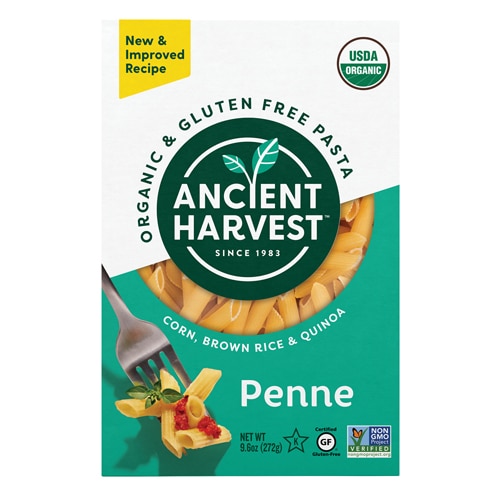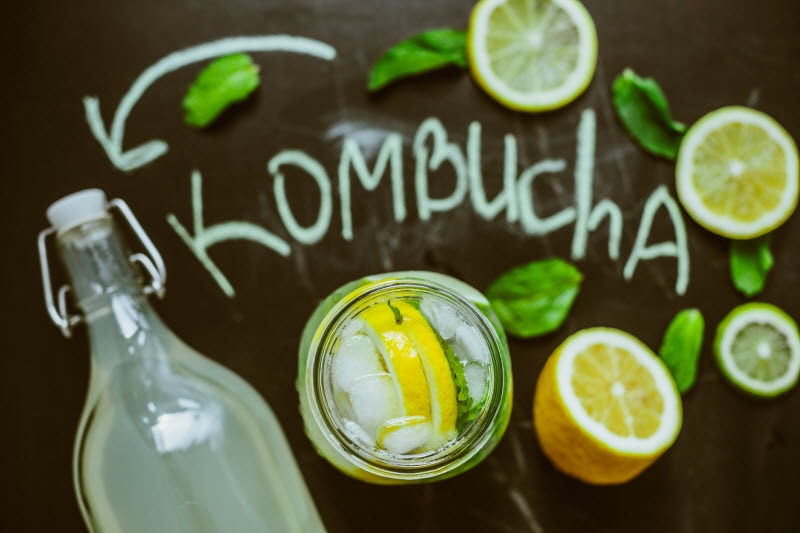If you are feeling the call to adopt a healthier lifestyle, you may be struggling to stay on top of the current trends. You may find yourself in the aisles of the supermarket, peering at labels and scratching your head. Rest assured you are not alone. Understanding what they mean can help you make smarter choices for your health.
Here are some of the latest terms you may have crossed paths with.
Organic
Any food that doesn’t contain man-made fertilizers, pesticides, growth regulators and additives. Irradiation and the use of genetically modified organisms (GMOs) are also not allowed under official organic standards.
Non-GMO
According to the nongmoproject.org, “a GMO is a plant, animal, microorganism or other organism whose genetic makeup has been modified in a laboratory using genetic engineering or transgenic technology.” Food with the Non-GMO Project Verification does not contain genetically engineered products or derivatives.
Glyphosate-free/glyphosate residue free certification
Items carrying these new seals are tested for residues of the controversial chemical, which some say could cause cancer. The Detox Project, a research and certification platform that encourages transparency in the food and supplement industries, issues a non-glyphosate certification, which it began in 2017. The certification has tapped into a movement driven by increasing consumer awareness of toxic chemicals and a desire for safer foods and beverages. While glyphosate is typically linked with GMO foods, it’s also used as a pre-harvest desiccant (drying agent) on conventional, non-GMO foods, leaving a residue that many consider toxic.
Clean food
Clean food refers to whole foods such as fruits, vegetables, lean proteins, whole grains and healthy fats, as distinguished from highly processed snack foods, sweets and other packaged foods.
Grass fed
The designation grass-fed applies to animals raised 100% eating grass. The term most typically describes cow meat and cow's dairy, but grass-fed can also be applied to lamb, goat, and bison products.
Pasture raised
This label means that animals get a significant portion of their nutrition from an organically managed pasture and stored dried foraged feed. Animals may also receive organic supplemental grain.
Certified transitional farming
A new verification designed to support farmers during their three-year journey to become USDA certified organic. It’s kind of like organic-in-training, providing farmers with street cred and bonafides before they are fully-fledged organic.
Functional foods
According to the Mayo clinic, functional foods are foods that have a potentially positive effect on health beyond basic nutrition. According to proponents of functional foods, they promote optimal health and help reduce the risk of disease.
CBD foods/drinks
Products with CBD, a chemical in cannabis that doesn’t cause a high, are believed to relieve pain, anxiety, sleeplessness and other conditions. (The claims are still largely unproven.)
Paleo
A paleo diet is high in protein and fiber, contains an average amount of fat, and is low in carbs.
Superfoods
Superfoods are foods that are nutritionally dense and believe to support optimal health.
Sugar alcohols
Sugar alcohols are a category of sweet carbohydrates, hybrids of sugar molecules and alcohol molecules, and may contain less calories than typical sweeteners. Xylitol is an example of a sugar alcohol.
Grain free
A grain-free diet eliminates all grains—including rice, wheat, dried corn, oats, barley and millet—as well as foods made from them.
Gluten/Gluten-free
Gluten is a specific type of protein found primarily in wheat, rye, and barley. If you are eating a gluten-free diet, you are avoiding these grains.
Sprouted
Foods made from sprouted seeds, nuts, beans or grains are thought to pack an extra nutritional punch. The basic idea behind sprouted foods is that their vitamin and mineral content are more bio-available and easier to digest.
Flavonoids/polyphenols
flavonoids are naturally occurring in fruit, vegetables, chocolate, and beverages like wine and tea. They are part of a large family of polyphenols, plant compounds high in antioxidants.
Glycemic
A glycemic index ranks food by how they affect your blood sugar level.
Fruitarian
A form of veganism that restricts your diet to mainly fruit. In the strict sense, a fruitarian diet means that at least 50 to 75 percent of your calories comes from raw fruit. The other 50 to 25 percent of your calories can come from nuts, seeds, vegetables, and grains.
Intermittent fasting
Intermittent fasting includes several different techniques of eating less by sustaining a fixed period of time between meals without snacking. It’s also called time-restricted fasting.
Intuitive eating
A philosophy of eating that promotes a healthy attitude toward food and body image. It encourages eating based on your natural hunger and satiety levels.
Mindful eating
Mindful eating encourages paying attention to your direct experience of food, moment by moment and without judgment.
Microbiome
According to the University of Washington, “the microbiome is the genetic material of all the microbes—bacteria, fungi, protozoa and viruses—that live on and inside the human body. The number of genes in all the microbes in one person's microbiome is 200 times the number of genes in the human genome.”
Fermented foods
Fermentation, an ancient technique of preserving food, over time breaks down carbs like starch and sugar by bacteria and yeast. Fermented foods are rich in beneficial probiotics, which can improve digestion, boost your immune system and even aid weight loss.
Digestive enzymes
A supplement designed to support digestive health and relieve IBS symptoms, such as gas and bloating.
Macros diet
The basic idea behind the macro, short for macronutrients, diet is simple: Instead of typical calorie counting, you up your game by counting (typically grams) of macronutrients—the big guns of protein, carbohydrates and fat—instead.
Flexitarian
A flexitarian is a somewhat committed vegetarian who occasionally relapses and consumes meat or fish.
Plant-based
A diet almost entirely derived from plants, such as vegetables, grains, nuts, seeds, legumes and fruits. This diet allows for a little wiggle room for modest amounts of dairy, meat and fish.
Keto diet
The keto diet is a high protein diet that severely restricts carbohydrate intake and replaces it with fat. This reduction in carbs puts your body into a metabolic state called ketosis. Many of the staples of the keto diet are meat, dairy and butter rich foods.
Vegan keto
Adapts the principles of a keto diet to a plant-based diet, relying heavily on such high-fat foods as coconut oil, avocados, seeds and nuts.




